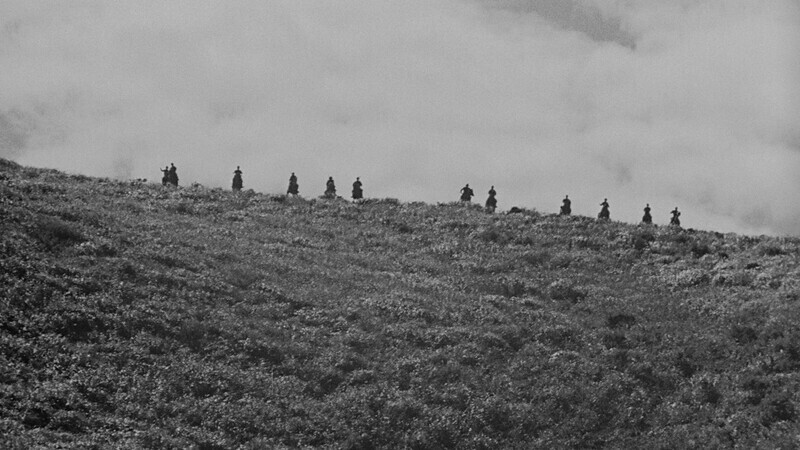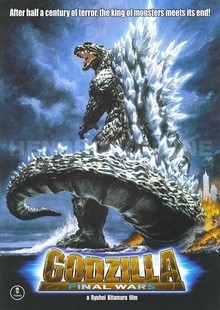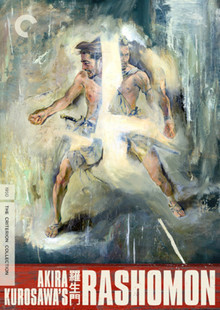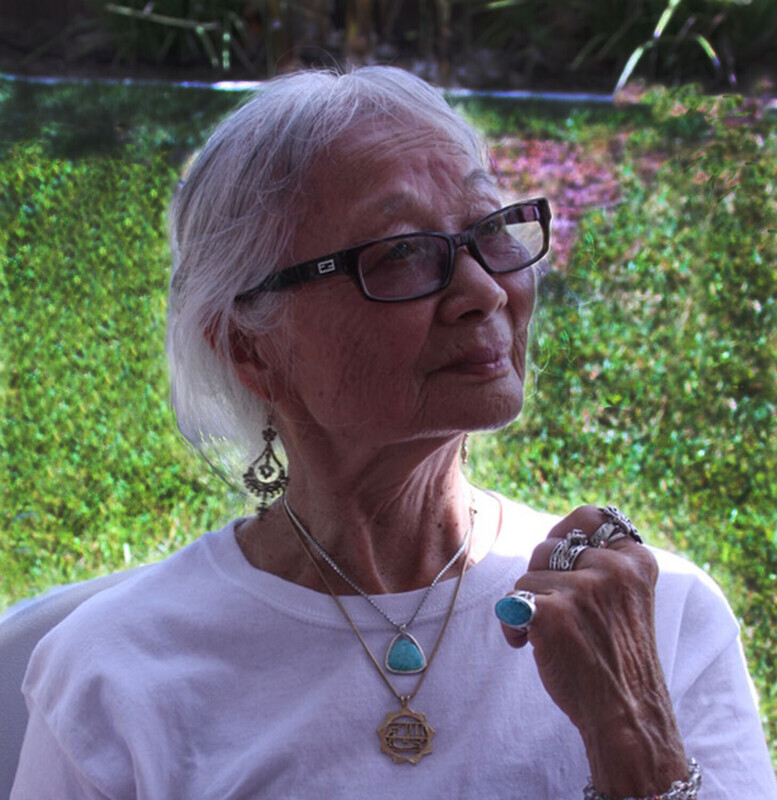
Features
Seven Samurai Continues Its Ride Through Cinema's Past and Future
An ode to the impact of Akira Kurosawa's Seven Samurai, currently playing around the country in a 4K restored re-release.



An ode to the impact of Akira Kurosawa's Seven Samurai, currently playing around the country in a 4K restored re-release.

A Far-Flung Correspondent offers a tribute to her mother.
Q. Forget the theory that "K-Pax" was borrowed from the Argentinean film :"Man Facing Southeast." The idea of a psychiatrist examining a patient who claims to be an alien dates back even further. "Ghidrah, The Three-Headed Monster" (1964) stars Akiko Wakabayashi as the princess of Salgina. Upon hearing a mysterious voice, she gains prophetic powers and claims to be a Martian (Venusian in the Japanese version). She is taken to a psychiatrist played by the late, great Takashi Shimura, who comes to the conclusion that there is nothing wrong with her, but he refuses to accept the notion that she is an alien. (Brett Homenick, Spring Valley CA)
Akira Kurosawa, one of the greatest of all film directors, died Sunday in Tokyo. He was 88. His later years were spent in near-blindness, and yet he continued to work, sketching scenes with the paper only inches from his eyes, and his final film was made only five years ago. Of the postwar giants who redefined the art of the cinema, what other director, save perhaps Sweden's Ingmar Bergman, could claim so many masterpieces? The titles are like a roll-call of greatness: "Stray Dog," "Rashomon," "Ikiru," "The Seven Samurai," "Throne of Blood," "The Hidden Fortress," "The Idiot," "Yojimbo," "High and Low," "Red Beard," "Dersu Uzala," "Kagemusha," "Ran," and many more.